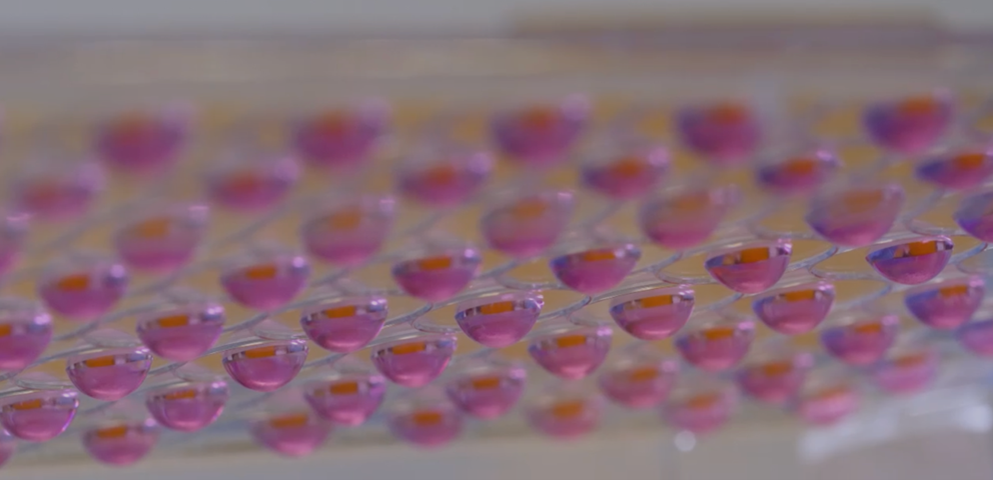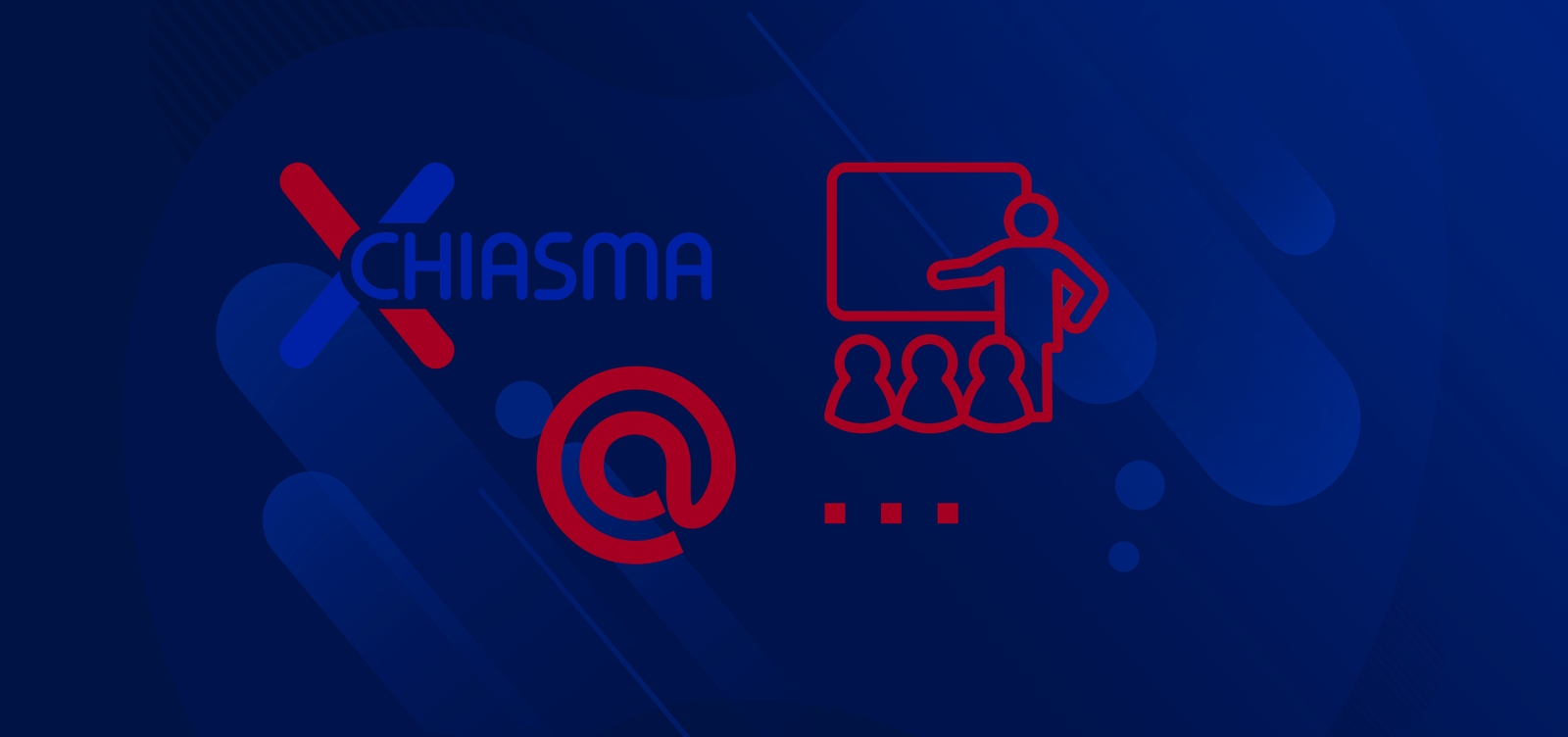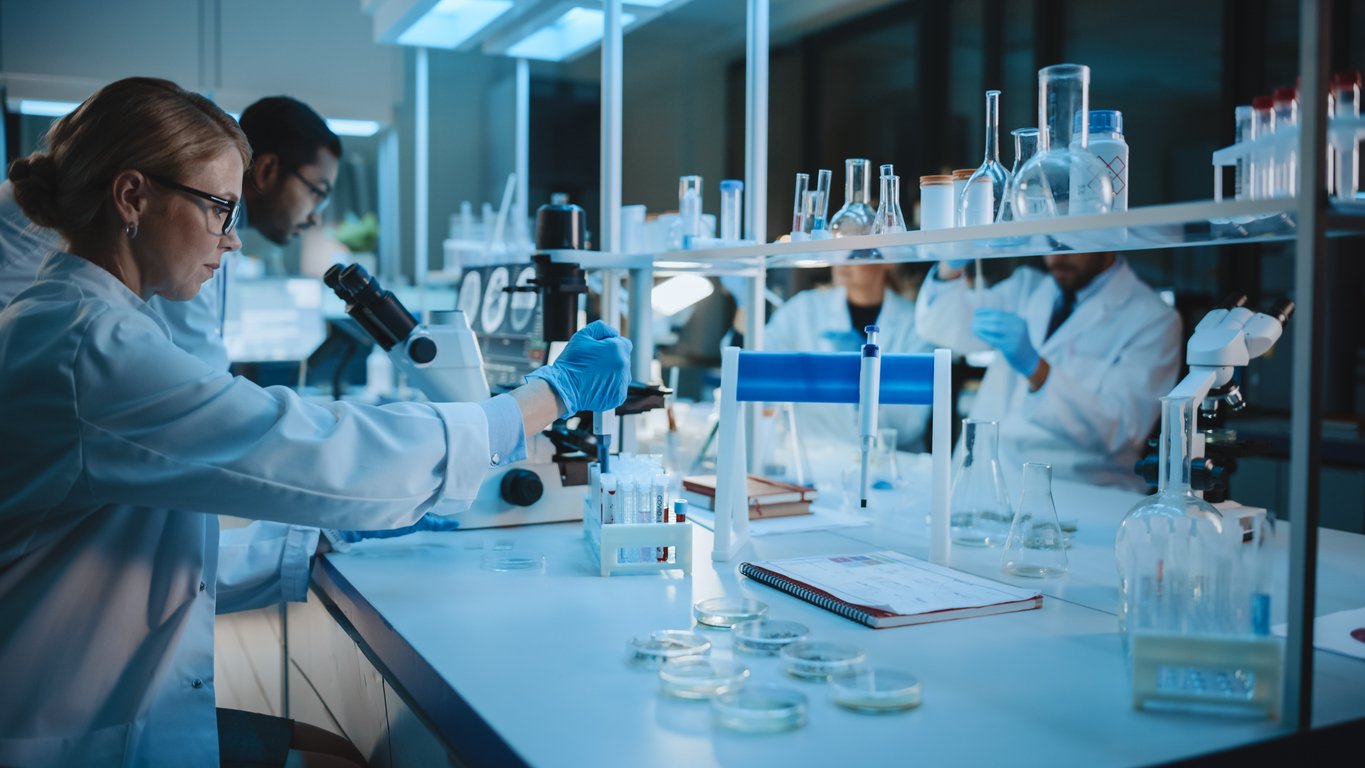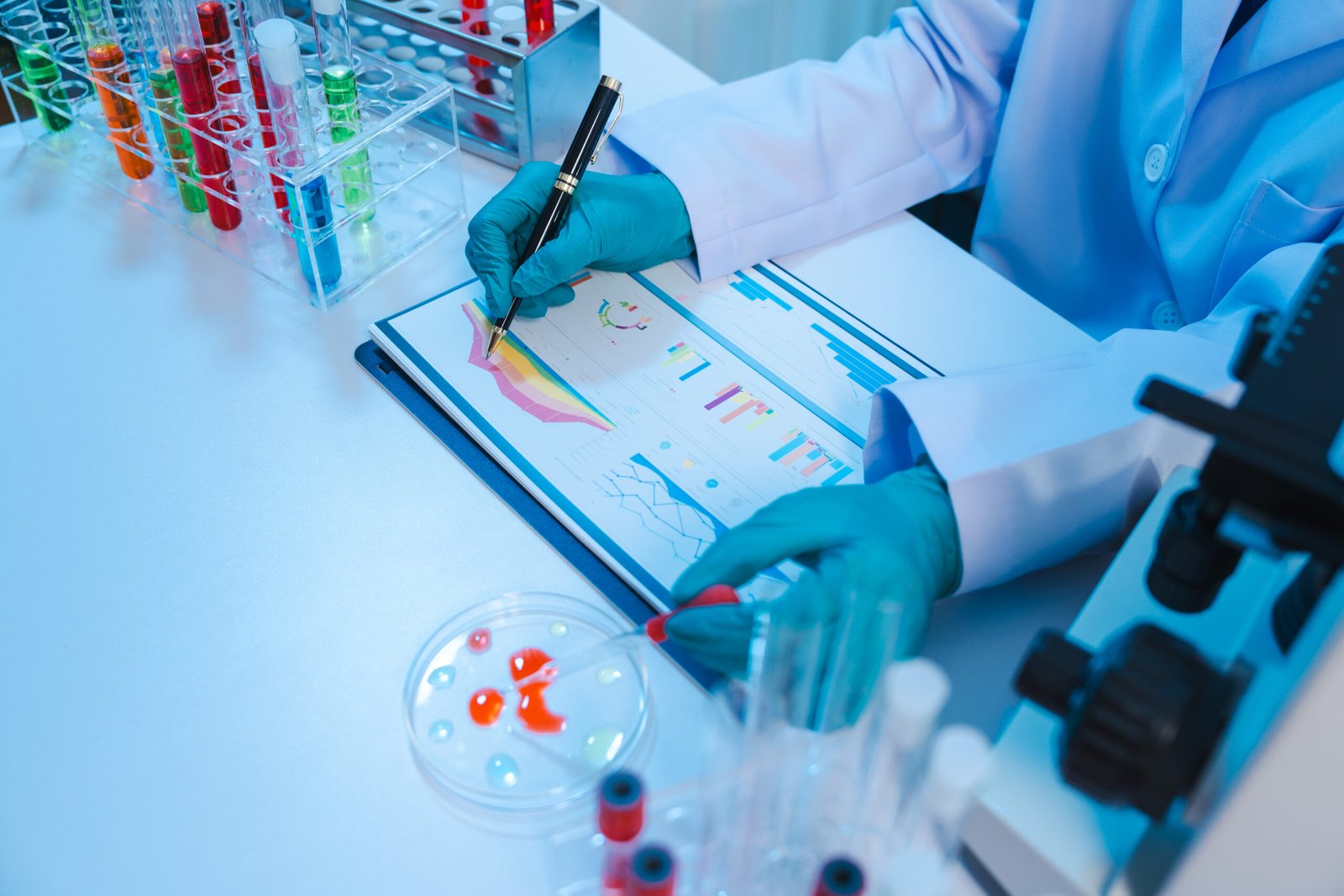Founded in 1920, Swansea University is a research-led university that thrives on exploration and discovery and offers the right balance of excellent teaching and research. Swansea University has been named The Times and The Sunday Times’ Welsh University of the Year 2025 and is ranked among the top 100 in Europe in the QS World University Rankings: Europe 2025. In the latest UK Research Excellence Framework 2021 assessment, 86% of Swansea University’s overall research was rated as world-leading or internationally excellent, as was 91% of its research environment. With a strong portfolio and history of inspiring research, Swansea University is delivering significant, sustained, and valuable economic and societal impact in Wales, the UK and internationally.
The In Vitro Toxicology Group

The In Vitro Toxicology Group (IVTG) is located in Swansea University’s Medical School, which was ranked joint 4th in the UK by the most recent UK Research Excellence Framework 2021 assessment. Research conducted within the IVTG has been pivotal in developing innovative and improved safety testing approaches to facilitate chemical and nanomaterial human hazard identification, which is necessary to support their risk assessment.
The IVTG is an internationally recognised centre for DNA damage and mutation research, focusing on the use of advanced in vitro methods to evaluate the potential for exogenous agents to induce genotoxicity (DNA damage) and understanding their underlying mechanisms of action.
“Swansea University’s In Vitro Toxicology Group strives to better understand mutation induction and to reduce the reliance on animals in toxicology testing in favour of more physiologically-relevant cell culture systems to better replicate human tissues”.
[Prof Shareen H. Doak, co-lead of the IVTG]
Our role in the CHIASMA Project
Within the CHIASMA project, Swansea University will be focusing on developing advanced in vitro models mimicking the human liver and applying them to investigate the potential for a range of chemicals and advanced materials to induce DNA damage. Swansea University will be using these models to design methods that allow the evaluation of long-term adverse effects such as carcinogenicity, based on the DNA damage signatures of novel compounds and materials that are of socio-economic importance. Swansea University will act as the experienced laboratory partner on all research conducted using the liver spheroid model and will be responsible for its successful transfer to other CHIASMA partners. Swansea University will also be participating in the model transfer of the ALIsens lung alveolar model developed by partner LIST.
“CHIASMA is an exciting new project that will deliver the next generation of safety testing science. At Swansea University, we are delighted to be working in partnership with scientific leaders throughout Europe and internationally to develop alternative methods and strategies for the animal-free assessment of chemicals and novel materials. The research programme that we will deliver through CHIASMA will therefore provide the future-facing innovative tools and methods to move towards a more sustainable and toxic-free society.”
[Shareen H. Doak, Professor of Genotoxicology and Cancer]





